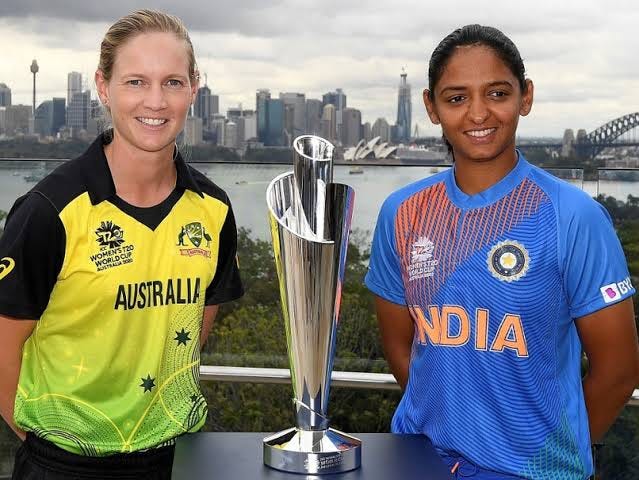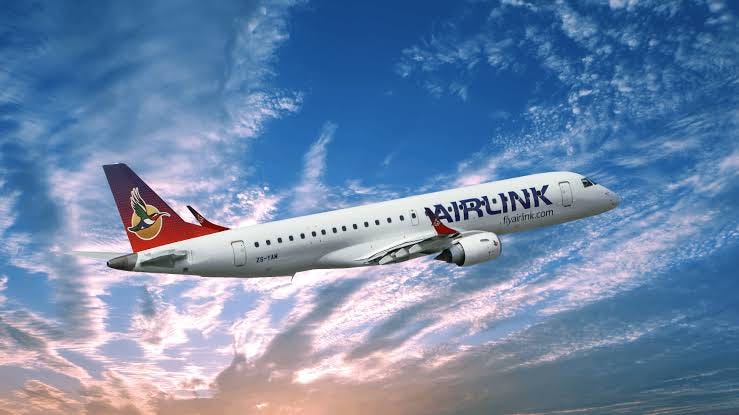The Women’s T20 World Cup gets under way next month in the UAE and South Africa have a decent long-shot at accomplishing what the men’s team never have, although Australia once again start as overwhelming favourites and England, by some distance, the second favourites. Australia have won six of the eight editions since 2009 beating South Africa in the final at Newlands last year.
The men’s team will also be in the UAE for a series against Afghanistan and five matches against Ireland with a squad lacking most of their big names, as was easily predicted in the last column. No crystal ball required. The Proteas have a very long way to go before they develop the depth of international players which the Springboks enjoy, but it’s a job that needs doing.
Cricket South Africa, meanwhile, announced an annual profit of R815 million at their AGM last week following losses of R198m and R119m in the two preceding years.
It helped, of course, that last year’s tour by India generated close to R1 billion in television revenue. A full tour by India used to sustain CSA during the fallow years until their next visit; this time, however, it didn’t cover the operating costs for a single year which were R1.16 billion.
Fortunately, India will be returning to these shores in November to play four T20 Internationals worth approximately $7.5 million each, or a total of around R500 million. The fixtures were actually negotiated by Graeme Smith during his tenure as Director of Cricket when his old mate, Saurav Ganguly, was the BCCI president but were delayed first by Covid and then fixture congestion.
Smith made no secret at the time of the fact that CSA were in a desperate financial hole and desperately needed the bail out. CSA’s dependence on the BCCI for its survival is not a new concept, but it is greater now than ever before, a fact confirmed by president Rihan Richards:
“We remain too dependent on one revenue source,” he said. “TV broadcasting is tied to our relationship with the BCCI, with whom we enjoy a great relationship – but it is a big risk to us as an organisation.”
The relationship may be ‘great’ at the moment, but it is hardly healthy, either for CSA or the global game. However strongly the current administration, or future ones, might disagree with the BCCI on any decision or initiative, they know that a single dissenting vote at ICC level could shatter the fragile financial vase.
The second season of the SA20 delivered just over R50 million, as did the hosting of the men’s Under-19 World Cup, both around four percent of the operating budget. South Africa’s excellent and popular T20 tournament will continue to grow and may well become a bone fide ‘mini-IPL’ but it will never become the saviour event so many believed it would when it was launched. There is a glass ceiling. The real IPL will never allow its emperor’s status to be seriously challenged.
CSA’s share of ICC Events revenue (World Cups) was R490 million which was more reason to ‘celebrate’ the Rand’s weakness against the dollar. The next financial year includes only the two-week Champions Trophy as opposed to the two-month 50-over event so that revenue will decrease next year.
Over the last dozen years CSA’s income has dropped as low as R300 million in seasons without tours by India or England or a significant ICC event. It is entirely reasonable to predict that happening again. It does not require a professor of mathematics to spot CSA’s vulnerability in all of this. Costs continue to climb every year, income is sporadic and lacks diversity.
Sponsorship used to feature prominently on the organisation’s annual balance-sheet but those days are becoming distant memories. A quick glance at the Currie Cup first division sees a title sponsor (Carling) and significant backing for all eight teams from high profile, reputable sponsors – Vodacom, Airlink, Toyota, Hollywoodbets, Suzuki, Fidelity, ADT, DHL.
The obvious question is why are they attracted to provincial rugby rather than cricket which provides, generally, a better quality and quantity of exposure? (Proven by their willingness to be involved with the SA20.) The answer, or at least one of them, is the patent lack of domestic governance at too many provinces and CSA’s refusal (or inability) to hold them to account. Talking of accounts, several provinces haven’t completed theirs, sometimes for years – or even held an AGM. Never mind the Border president suspending his CEO and then trading messy legal blows with him.
Technically these failures should have precluded them from voting at last week’s AGM but they all did. These are important to sponsors and, given the freshness of the scandals which plagued head office in recent years, too many potential sponsors still regard the game as a potentially ‘toxic’ place to consider investing in, despite the attractions of the sport itself.
Still, there’s money in the bank for this year and that’s a good thing. Sometimes it’s good to focus on what’s right in front of you rather than worry about what’s around the corner.







Hello again, Boris. There are plenty of really good people doing their best work in South African cricket, but (as always) it's the small percentage who are self-interested and self-serving who tarnish the entire organisation. And they have no idea of how far reaching their actions are, and who makes decisions based upon them. One (global) Proteas sponsor was told to cancel their support for the national team by their head office in the USA! Who would have thought they were even paying attention to 'little old SA Cricket' in Philadelphia? But poor governance is a sponsorship killer, wherever you are in the world...
Not sure what sort of squad India will send for the T20 series keeping in mind the Border-Gavaskar Trophy Downunder
Expect Surya and Hardik to be there without Bumrah, Pant and Kuldeep